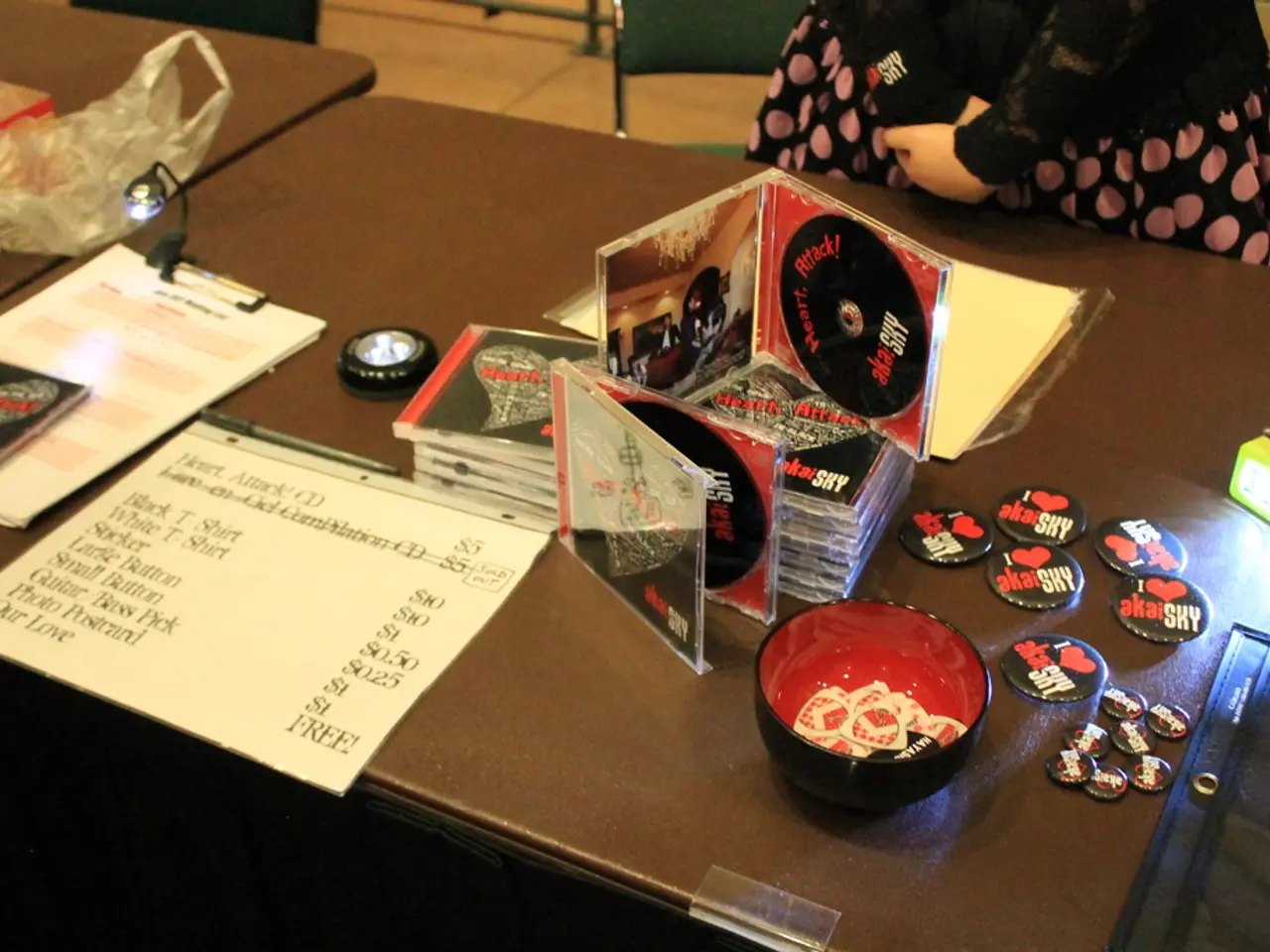Jupiter Cryptocurrency Explained: Understanding its Nature, Functioning, and 2025 Goals
In the world of decentralised finance, Jupiter Exchange, the most popular DEX aggregator on Solana, continues to make waves with its governance token, JUP. Originally created by the pseudonymous founder "Meow", JUP operates natively on the Solana blockchain and is available on most centralised exchange platforms.
JUP's primary function lies in the decentralised governance of the Jupiter ecosystem. However, its role extends beyond traditional governance, becoming a true instrument of the Jupiter ecosystem. The value of JUP directly reflects the utility and success of the Jupiter ecosystem.
Looking ahead to 2026, Jupiter's governance plans focus on enhancing the token's utility, rewarding long-term holders, and creating real value and financial incentives tied to Jupiter's ecosystem success. The aim is to transform the $JUP token from a speculative asset into one with tangible everyday utility, direct revenue generation, and mechanisms that reward loyalty and active participation of the community.
Key governance and ecosystem plans for 2026 include the JUPUARY Legacy Rewards Airdrop, which rewards loyalty, active governance participation, and long-term token staking. The airdrop criteria emphasise staking duration, amount, participation in DAO governance voting (regardless of vote choice), and engagement with Jupiter’s platform features like swaps, limit orders, and dollar-cost averaging (DCA).
Another significant plan is the enhancement of Token Utility and Financial Incentives. Jupiter’s team is encouraged to create mechanisms that align JUP token holders’ financial interests with the growth and success of the platform, including converting the token into one that offers stakeholder benefits and stabilises its value by linking tokenomics to real revenue generation and ecosystem adoption.
Governance participation will also be rewarded, with users voting in DAO proposals receiving rewards, and special recognition for “Super Voters” who actively participate in governance decisions. The staking and voting integration remains a core governance activity, supporting network security and ecosystem involvement. Effective staking participation is encouraged and rewarded through structured incentives.
While specific technical or roadmap details for 2026 governance updates are not exhaustively detailed, the focus is clearly on evolving governance from speculative rewards to a sustainable, utility-driven ecosystem that encourages active community involvement, long-term holding, voting, and platform usage.
The "Jupuary" event, an annual tradition since January 2024, has become a significant method for obtaining JUP for free. The second airdrop in January 2025 distributed 700 million additional JUP to over 2 million wallets. The launch of JUP was accompanied by the largest airdrop in the history of Solana, distributing 1 billion tokens to nearly 1 million eligible wallets.
As JUP continues to evolve, it reflects the maturation of the Jupiter ecosystem, transitioning from a basic governance token to a sophisticated financial instrument integrating staking, rewards, and privileged access to ecosystem innovations. With a market capitalization of $1.74 billion and a community of over 2 million holders, JUP's future looks promising, with a focus on fostering a more engaged and committed community governance model.
In 2026, the JUP token is expected to transition from a speculative asset to one with tangible everyday utility, as the Jupiter Exchange team plans to create mechanisms that allow JUP holders to generate direct revenue and benefit from the growth and success of the platform (finance, investing). The JUPUARY Legacy Rewards Airdrop is one example of these efforts, rewarding long-term holders, active governance participants, and stakers with additional JUP tokens (finance, technology). The aim is to make JUP an essential tool in the Jupiter ecosystem, offering stakeholder benefits and linking tokenomics to real revenue generation and ecosystem adoption (finance, technology).




